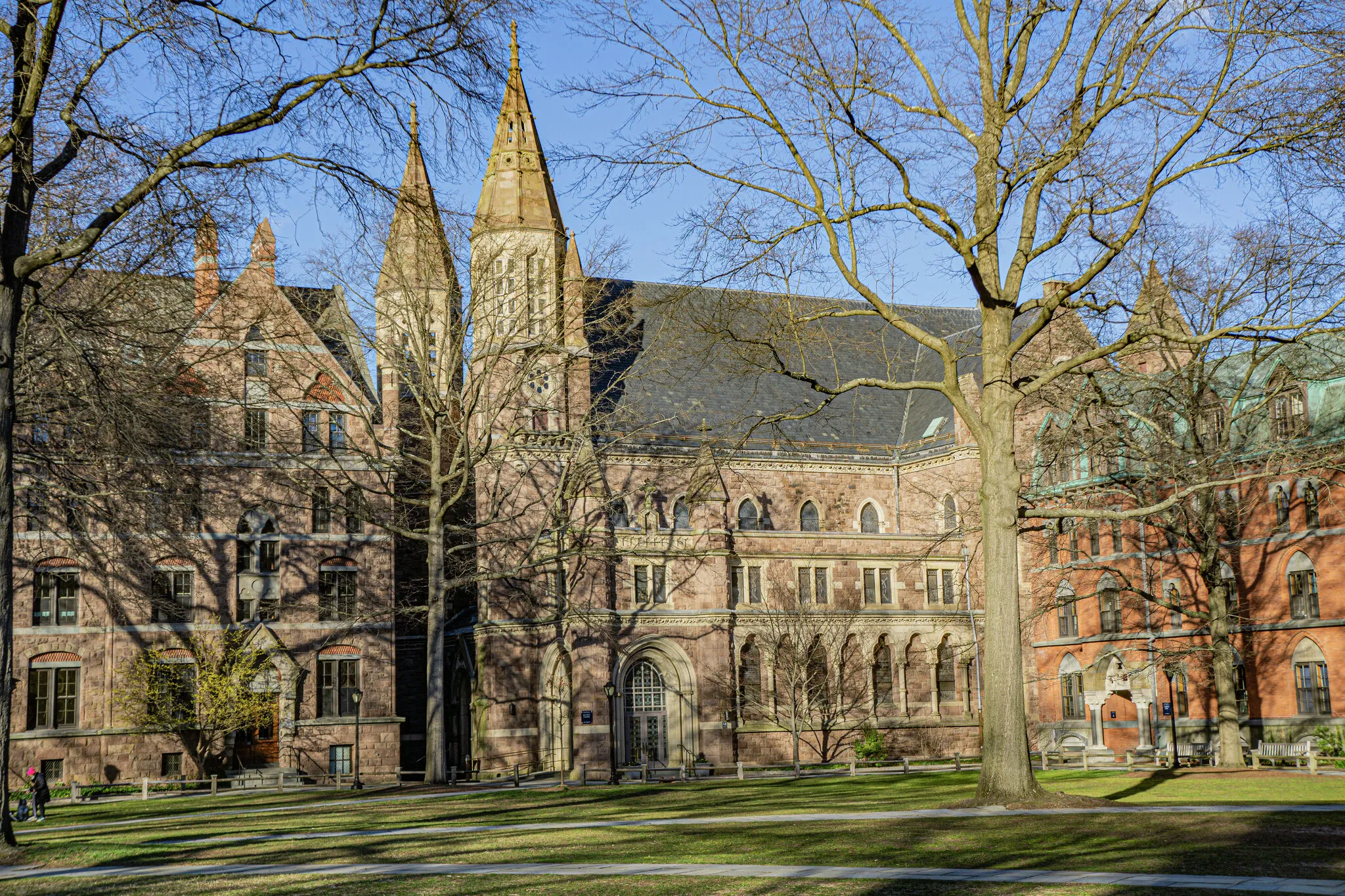“`markdown
Yale’s Jason Stanley: The Professor Fleeing to Canada Amid U.S. Political Turmoil
In a striking move reflective of the current political climate in the United States, Jason Stanley, a prominent Yale University professor and scholar of fascism, has announced his departure to Canada. He will be joining the University of Toronto’s Munk School of Global Affairs and Public Policy. Stanley’s decision has sparked widespread discussion, as he cites the deteriorating political environment in the U.S. as a significant factor in his choice to relocate.
Stanley, who has authored influential works including How Fascism Works: The Politics of Us and Them, is particularly concerned about the direction of American democracy. He has voiced fears that the U.S. is “teetering on the brink of fascist dictatorship.” His move is not an isolated incident; he is part of a group of three Yale professors, including Marci Shore, who are also relocating to Canada, reflecting a growing trend among academics feeling threatened by political pressures.
The backdrop of Stanley’s departure is underscored by his critical stance towards the previous administration under Donald Trump. He has openly criticized institutions like Columbia University for capitulating to governmental pressures, especially after Columbia agreed to a series of demands from the Trump administration that included crackdowns on protests and increased security powers. Stanley remarked, “When I saw Columbia completely capitulate, I became very worried.” This sentiment resonates deeply within academic circles, where concerns about the erosion of academic freedom are escalating.
Stanley’s departure raises pertinent questions about the future of academic discourse in the U.S. He believes that the political environment has created a climate where censorship and repression are increasingly possible. His concerns are not merely personal; they reflect broader worries among scholars about the implications of political pressures on education and civil liberties. “It’s not just about my safety,” he stated. “It’s about the future of academic discourse.”
Furthermore, Stanley has drawn parallels between the current political climate and his family’s history, emphasizing the historical resonance of his decision. His grandmother fled Berlin with his father in 1939, escaping the rise of fascism in Germany. This personal narrative adds a poignant layer to his motivations for leaving the U.S., as he likens his situation to that of those fleeing oppressive regimes.
Stanley’s upcoming role at the Munk School is viewed as an opportunity to continue his critical scholarship on global democratic struggles. He stated, “I don’t see it as fleeing at all. I see it as joining Canada, which is a target of Trump, just like Yale is a target of Trump.” This perspective highlights a proactive approach to seeking a more supportive academic environment, rather than a reactionary escape from danger.
The reactions from the academic community have been significant. Notable figures, including journalist Nikole Hannah-Jones, have expressed alarm at the implications of scholars of fascism leaving U.S. universities. Hannah-Jones remarked, “When scholars of authoritarianism and fascism leave US universities because of the deteriorating political situation here, we should really worry.” This sentiment underscores the urgency of the situation and the potential ramifications for academic freedom in the United States.
Yale University has acknowledged the situation, stating that it remains committed to academic excellence and the diverse choices of its faculty. A spokesperson emphasized, “Faculty members make decisions about their careers for a variety of reasons, and the university respects all such decisions.” However, the departure of professors like Stanley raises questions about the institution’s ability to protect its faculty and uphold academic freedom in the face of political pressures.
Stanley’s decision to leave is emblematic of a growing trend among academics who feel increasingly threatened by the political environment in the U.S. Many scholars are seeking refuge in more stable academic settings, where they can continue their work without the looming threat of censorship or repression. This trend highlights the responsibilities of universities to protect academic freedom and the role of faculty in resisting authoritarianism.
In conclusion, Jason Stanley’s move to Canada serves as a critical case study in the intersection of politics, academia, and the preservation of democratic values. His concerns about the future of democracy in the U.S. resonate with many in the academic community, prompting urgent discussions about the implications of political pressures on education. As scholars like Stanley seek refuge in more supportive environments, the implications for academic freedom and the integrity of scholarly discourse in the U.S. remain a pressing concern for educators and policymakers alike.
“`






Leave a Comment